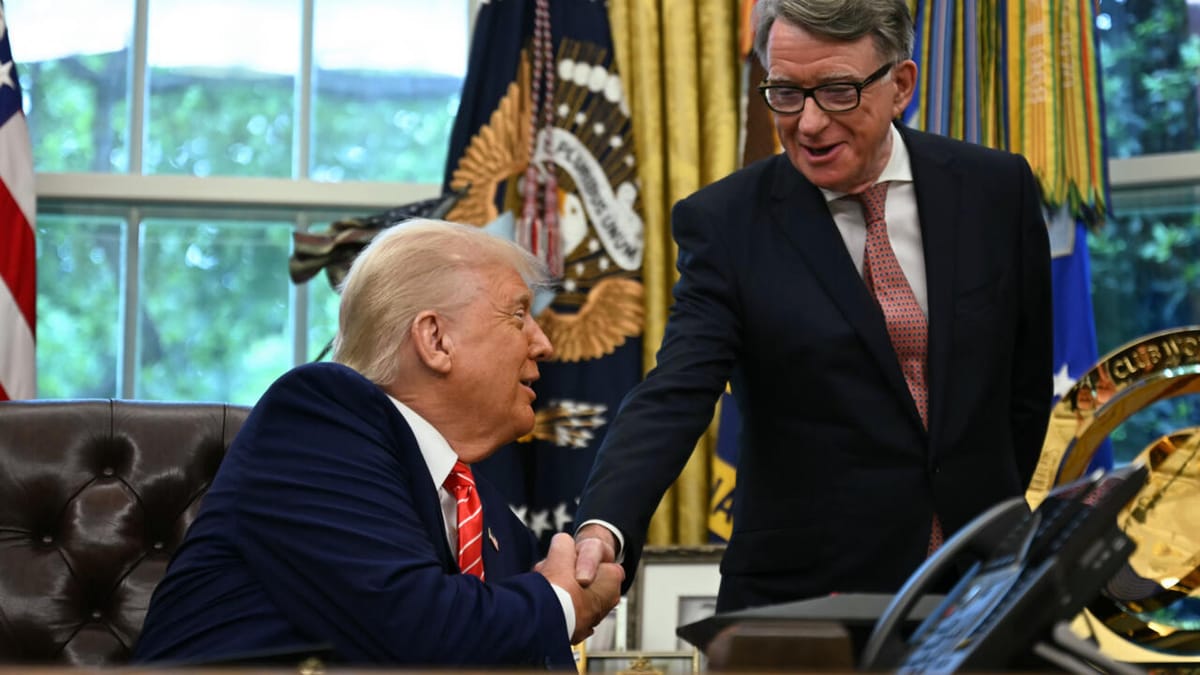China Warns UK Over US Trade Pact: “Poison Pills” Threaten Bilateral Ties
China warns the UK over its new trade deal with the US, accusing it of undermining Chinese interests through security clauses that could exclude Chinese firms. The pact raises tensions as Britain walks a tightrope between Washington’s strategic demands and Beijing’s economic ties.

China has issued a formal warning to the United Kingdom over its recently signed trade agreement with the United States, criticizing the deal’s security clauses that could push British firms to exclude Chinese suppliers from their value chains.
Beijing views the agreement as a strategic alignment with Washington’s economic and security agenda, a move that could harm Chinese commercial interests.
The pact, finalized last week, offers the UK selective relief from US tariffs—especially on auto and steel exports. In return, Britain must adhere to strict US security protocols, including deep supply chain audits and transparency on foreign ownership. These measures are widely seen as aimed at curbing Chinese corporate influence.
A spokesperson from China’s Ministry of Foreign Affairs stated: “Cooperation between nations should not come at the expense of third parties,” referencing long-standing international trade norms that discourage exclusionary practices.
A Diplomatic Tightrope for the UK
The timing of this bilateral agreement presents a diplomatic dilemma for Prime Minister Keir Starmer’s government, which has recently sought to restore economic dialogue with China. Earlier this year, Chancellor Rachel Reeves traveled to Beijing to reopen high-level talks.
However, Chinese experts have labeled the US-UK deal a geopolitical provocation. Zhang Yansheng, a senior economist at the China Center for International Economic Exchanges, called the deal’s security clauses “poison pills”—even more damaging than tariffs.
This rhetoric points to a possible breakdown in trust and may undermine future UK-China economic cooperation.
China’s Economic Strategy Shifts Inward
The development comes as China doubles down on its “dual circulation” strategy, focused on boosting domestic production and reducing reliance on foreign partners. The policy encourages state-backed firms to localize supply chains and invest heavily in advanced manufacturing and clean tech.
Seen through this lens, the US-UK trade agreement could accelerate Beijing’s push for economic self-sufficiency. Western exclusion tactics may end up reinforcing China’s internal industrial strategy.
UK’s Balancing Act Between Allies and Trade Partners
For the UK, the trade pact represents a pragmatic step toward revitalizing key industries and safeguarding high-value jobs. Tariff reductions on British auto exports (from 27.5% to 10% for up to 100,000 vehicles annually), along with the lifting of steel and aluminum duties, are seen as tangible wins.
Yet these benefits come with strings attached—particularly the obligation to follow US-imposed security filters that could hinder future collaboration with Chinese firms.
While the UK maintains that its relationship with China remains economically important, the new deal signals a tightening alignment with US strategic goals. A government spokesperson stressed that Britain continues to engage with China “pragmatically,” but the path forward may become more complex.



